
OR
Trained as a computer engineer, now a model goat farmer
Published On: August 28, 2017 08:27 AM NPT By: Mohan Gurung
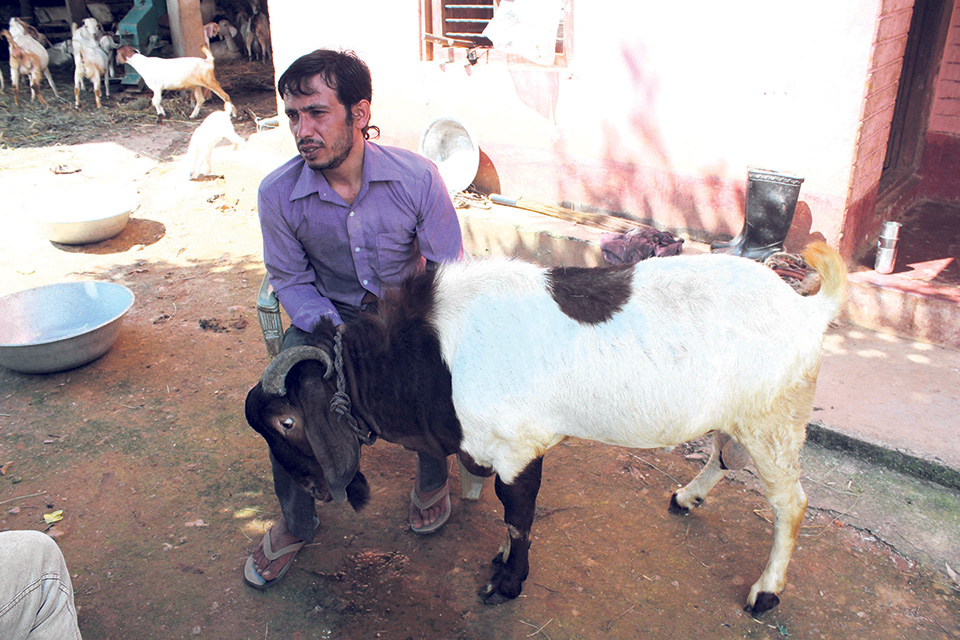
SYANGJA, August 28: Tribhuwan Neupane, 30, of Kaligandaki Rural Municipality-5, did his masters in computer application from Punjab Technical University. However, upon his return to home, he chose a different vocation. He has ventured into agriculture and livestock, and is doing quite well in commercial goat farming.
“When I was in India for studies, I used to ask about my village. When I heard the various problems about farming, I felt troubled,” he recalled: “They used to tell me that the crops were destroyed by monkeys and other wild animals. I wondered about the root of the problems. I came back home after completing my studies in 2012 and thought a lot about how I could change the situation.”
Neupane started farming in 2014, adopting modern technology.
“I bought a hand-tractor to use in the field for Rs 80,000. My family and villagers scorned me, saying that the tractor will not plough the field properly,” Neupane said: “I could not even bring the tractor home. I kept it at my friend Bhupati’s house in nearby village.”“But I wasn’t discouraged. I used the tractor in Bhupati’s field. When my family and the villagers saw it, they believed me.”
The he brought the hand tractor home and started using it. “I have earned Rs 350,000 in a season. I managed to save Rs 78,000 from which I started goat farming,” Neupane said.
With his total investment reaching Rs 1.5 million, Neupane has almost a full-fledged goat farm, with 100 goats. These goats are hybrids of Khari and Boer breeds. Twenty of them are pregnant. His Boer breed is popular across the country and he supplies it to farmers coming from different places.
Apart from goats, he has cultivated different herbs and spices in 100 ropanis of land. He makes a net profit of Rs 1 million from his farm every year.
Neupane said that instead of providing subsidies, the government needed to encourage farmers like him by creating an environment conducive to business.
He has plans to develop Mirmi into a goat farming zone in the future.
According to Sushil Aryal, chairman of model goat village campaign, 139 individual farmers and firms are involved in goat farming in the district.
The annual demand of meat amounts as much as Rs 21 billion in Nepal. Twenty percent of the total demand is of goat meat. Out of 65 percent of farmers in Nepal, 54 percent have been living off the income from goat farming. According to national statistics, there are 9.2 million goats in Nepal.
You May Like This

DPM Shrestha inaugurates new building of model community school
KATHMANDU, August 5: The quake-damaged Gokarna Secondary School at Gokarna in Kathmandu district, which has emerged as a model one... Read More...

Fund of 4 million rupees for computer education
TERHATHUM, Feb 9: The Randal community school in Iwa VDC of Terhathum has set up a fund of Rs. 4... Read More...

Justin Bieber spotted with aspiring model
LOS ANGELES, Aug 23: Pop star Justin Bieber was spotted spending with aspiring model Bronte Blampied in the UK after... Read More...
Just In
- KMC to organize a month-long skill fair from May 1
- Birgunj Metropolis collects over Rs 360 million in revenue
- NEPSE plunges below 2,000 points after one and a half months; daily turnover declines to Rs 2.10 billion
- AI Index Report-2024: AI still behind humans on complex tasks like competition-level mathematics
- Daiji-Jogbudha road construction at snail’s pace
- Govt fails to adopt podway technology despite its potential in Nepal
- Jhulaghat border crossing in Baitadi to remain closed from this evening
- Universities will be free from partisan interests: Education Minister








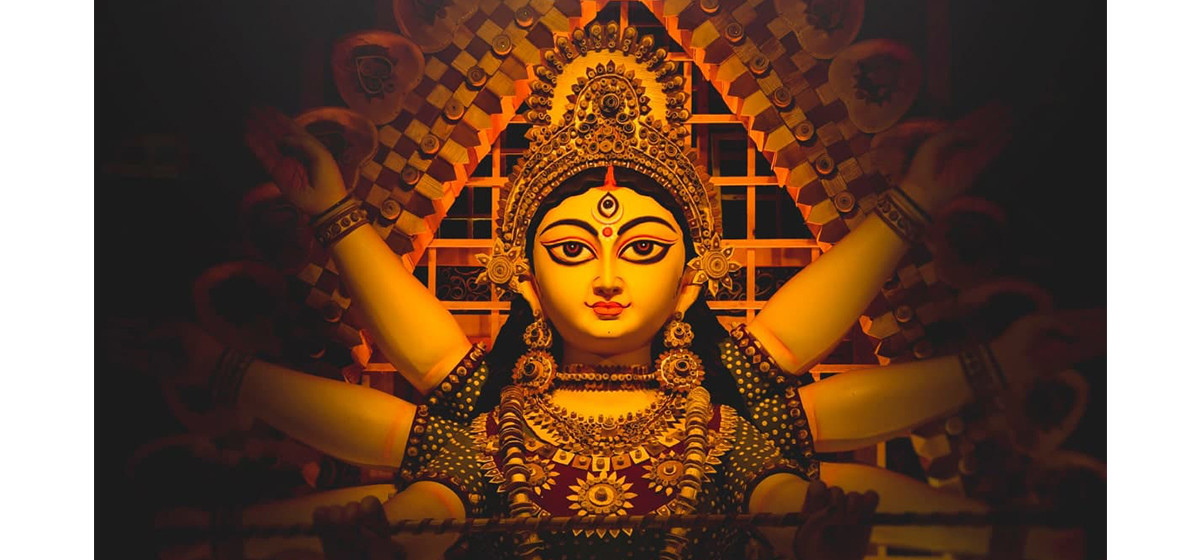



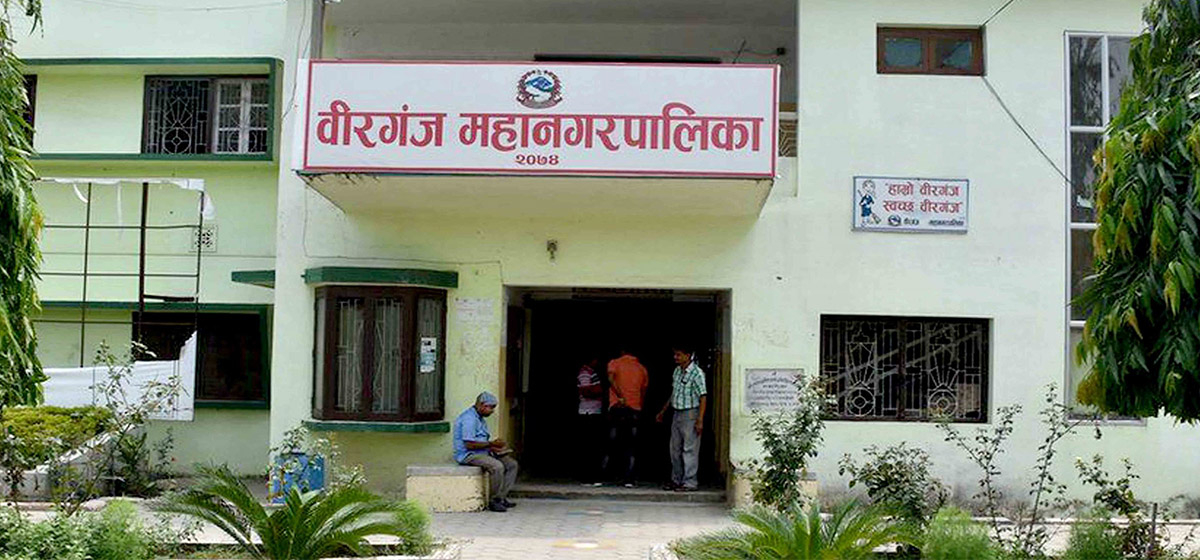


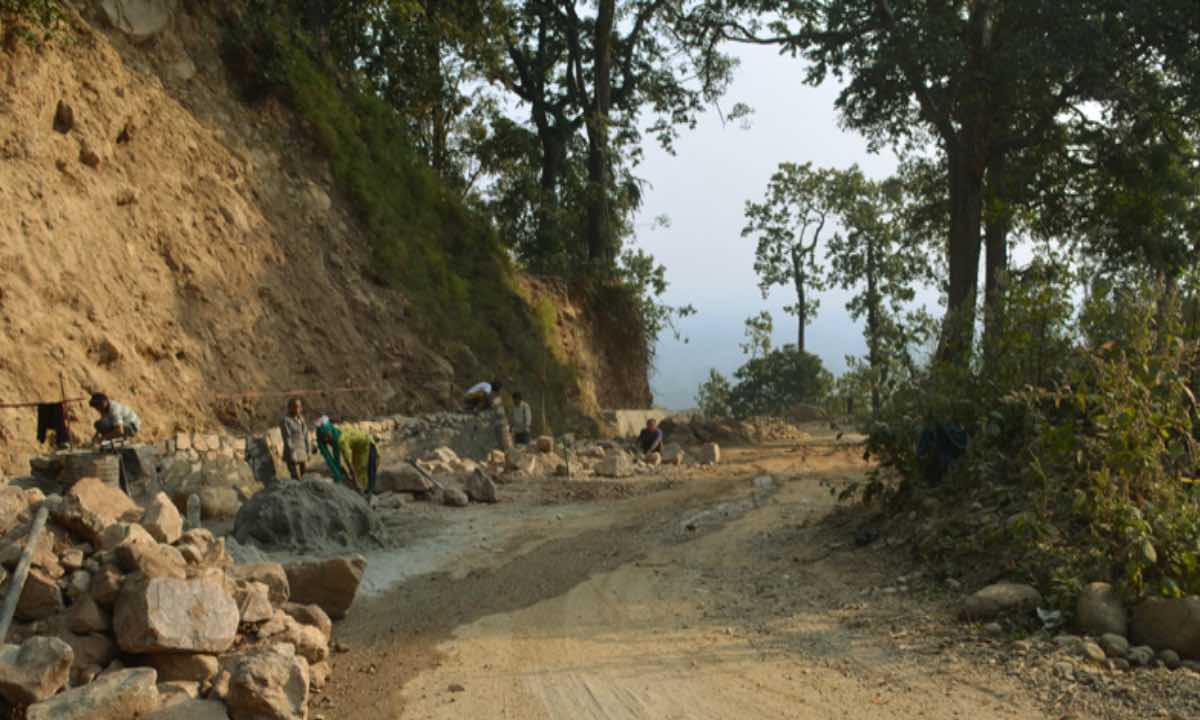
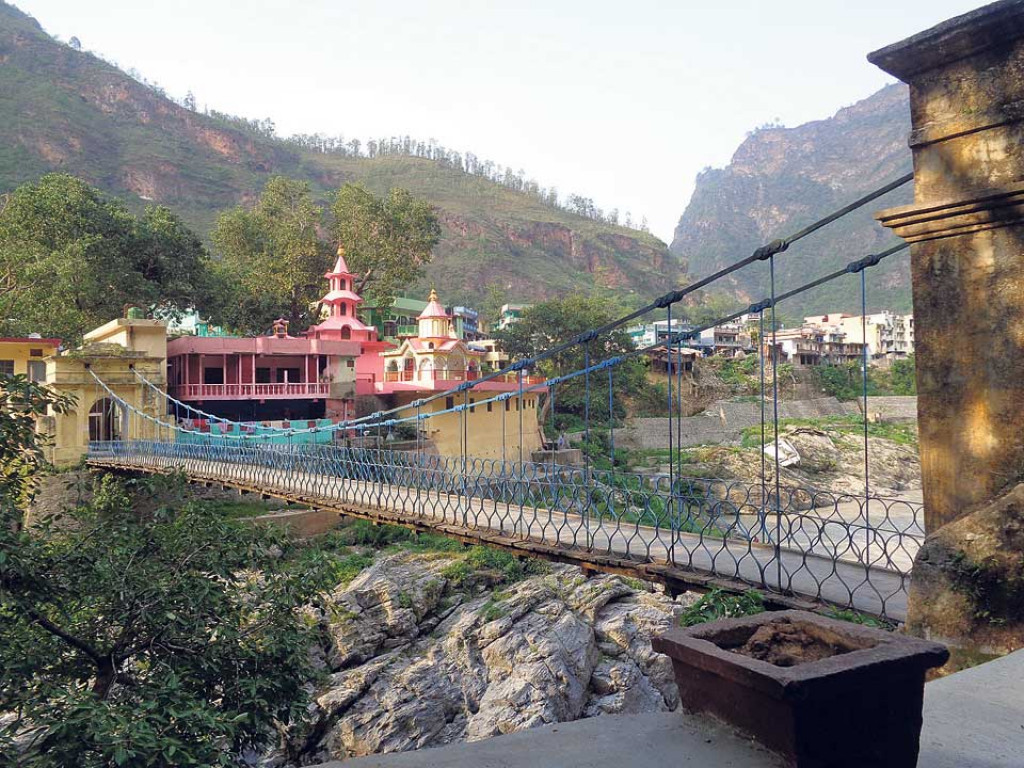
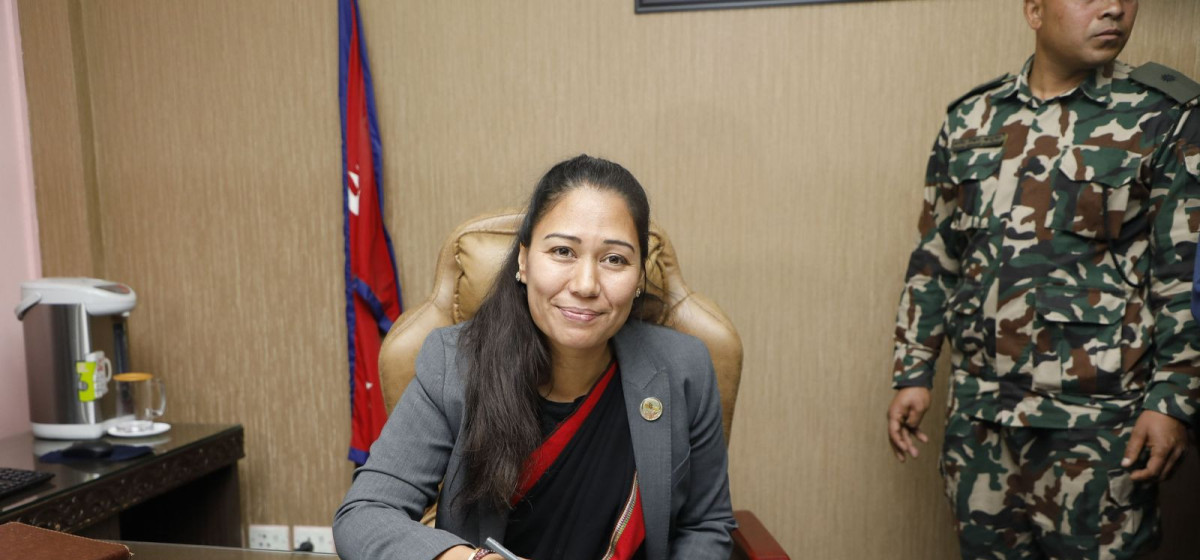
Leave A Comment